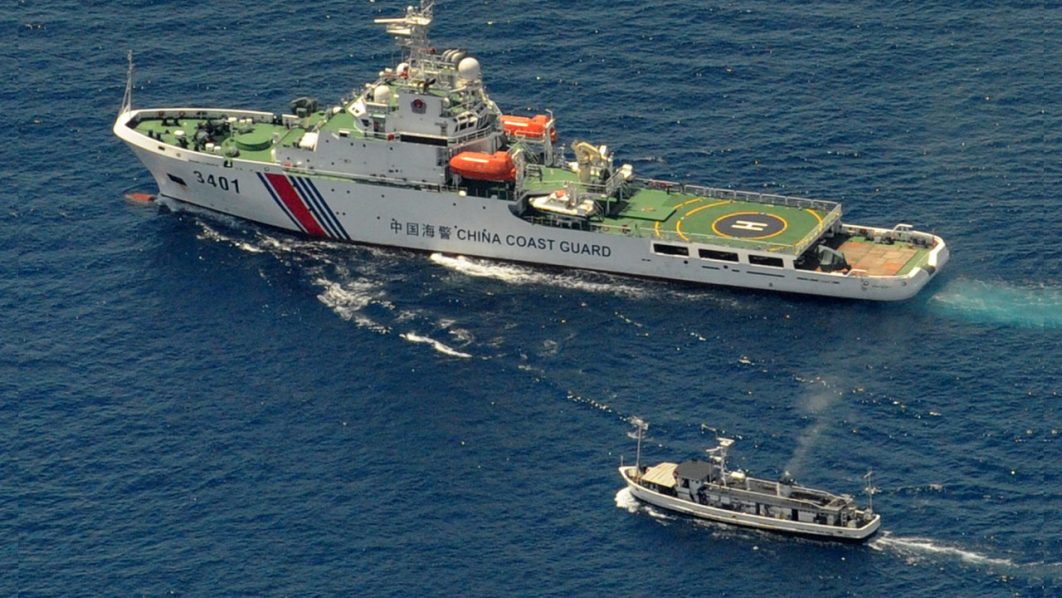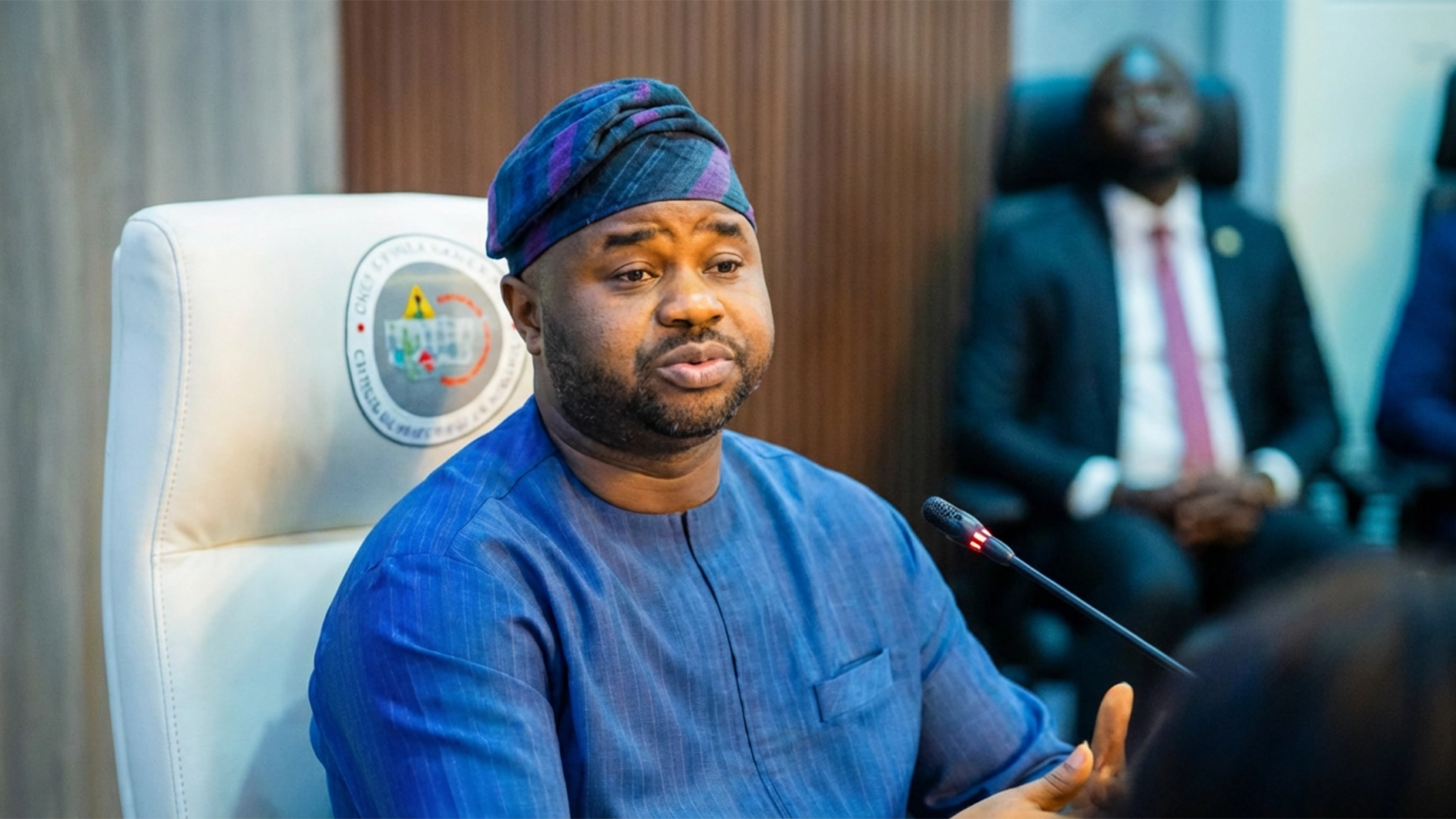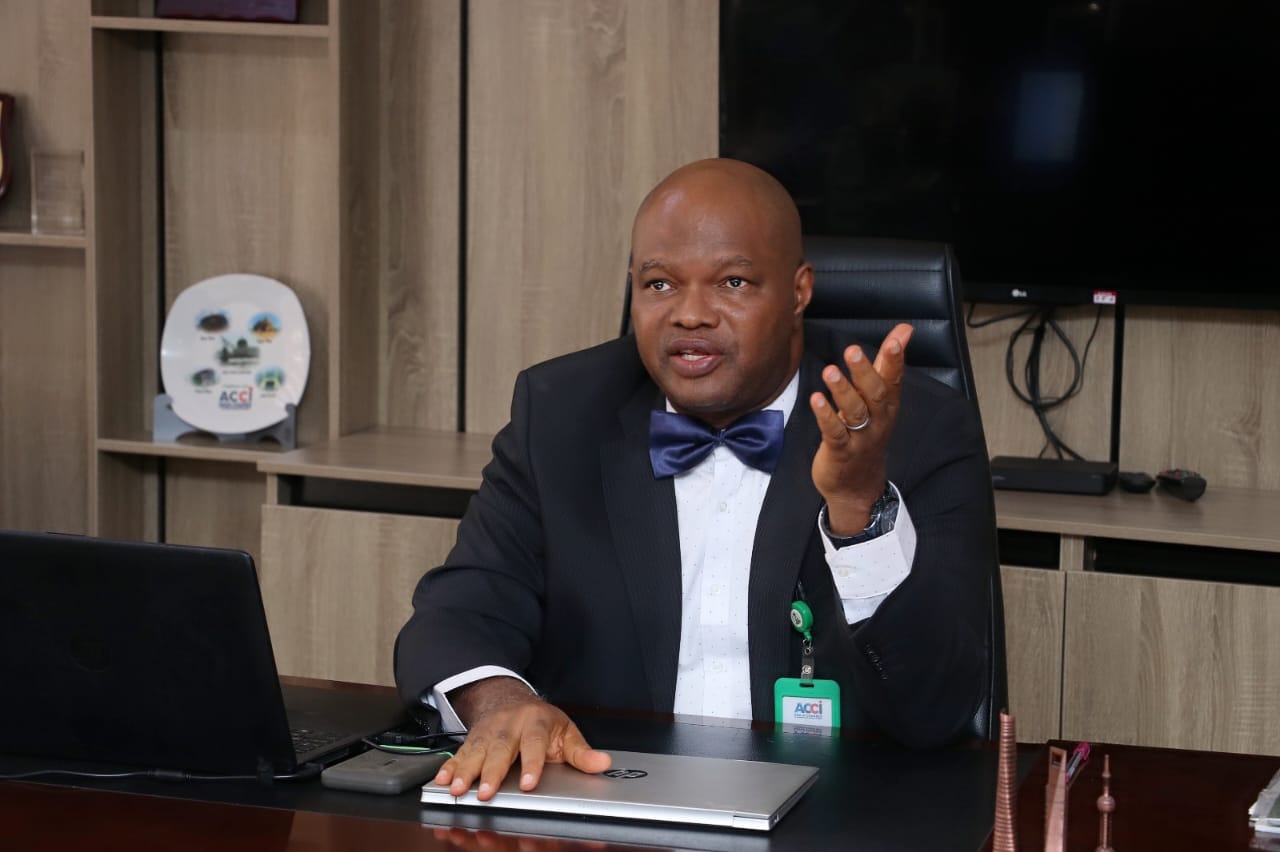 The Director General of the Nigerian Maritime Administration and Safety Agency (NIMASA), Dr. Bashir Jamoh, has disclosed that the agency is participating in the testing stage of an international satellite system that will improve communication channels for vessels at sea as part of the agency’s quest to ensure adoption of global best practices in the Nigerian maritime sector.
The Director General of the Nigerian Maritime Administration and Safety Agency (NIMASA), Dr. Bashir Jamoh, has disclosed that the agency is participating in the testing stage of an international satellite system that will improve communication channels for vessels at sea as part of the agency’s quest to ensure adoption of global best practices in the Nigerian maritime sector.
Jamoh stated this while speaking at the launch of Denmark’s first commercial satellite, Sternula-1, in Aalborg, Denmark.
Recall that NIMASA, in the third quarter of 2022, had signed a Letter-of-Intent with the Danish telecoms company Sternula, on participation in the Worldwide Automatic Identification System (AIS) 2.0 Demo Project that will allow for early testing of digital services over the satellite-based AIS 2.0 at the beginning of 2023.
Sternula-1 and the built-in AIS 2.0 technology, also called VHF Data Exchange System (VDES), is a new communication solution for implementing a global e-Navigation strategy.
Jamoh said international collaboration to attain standardised digitisation is essential for maritime administrations and stakeholders across the world, to effectively communicate in line with provisions of the International Maritime Organisation (IMO) and the International Association of Marine Aids to Navigation and Lighthouse Authorities (IALA).
He noted that IMO set requirements for the e-Navigation strategy implementation plan, while IALA develops technical solutions like, AIS, as part of measures to ease and promote digital communication in the maritime industry.
According to him, seaborne transport depends on a secure and trustworthy flow of information, adding that access to quality data is essential for ship managers to make decisions, act on market opportunities, and meet new requirements.
He said a well digitised system leads to faster access to information, improved customer experience, increased productivity, lower operational costs, improved decision making and information security, higher mobility and automation of business processes among others.
Speaking on the port sector, Jamoh said digitisation is the foundation of Smart Ports and Digital Twins, both technological tools and solutions that could transform real-time data into accurate and more precise business decisions, thereby rendering port operations extremely effective as it interconnects all sectors of the maritime supply chain.
He noted that it transforms organisations from reactive to proactive in areas such as safety and reporting.
The NIMASA boss further said there are massive untapped potentials for the shipping industry to improve its operational efficiency through harnessing ship-to-shore data flows that can positively impact commercial, environmental and safety performance reporting processes.






